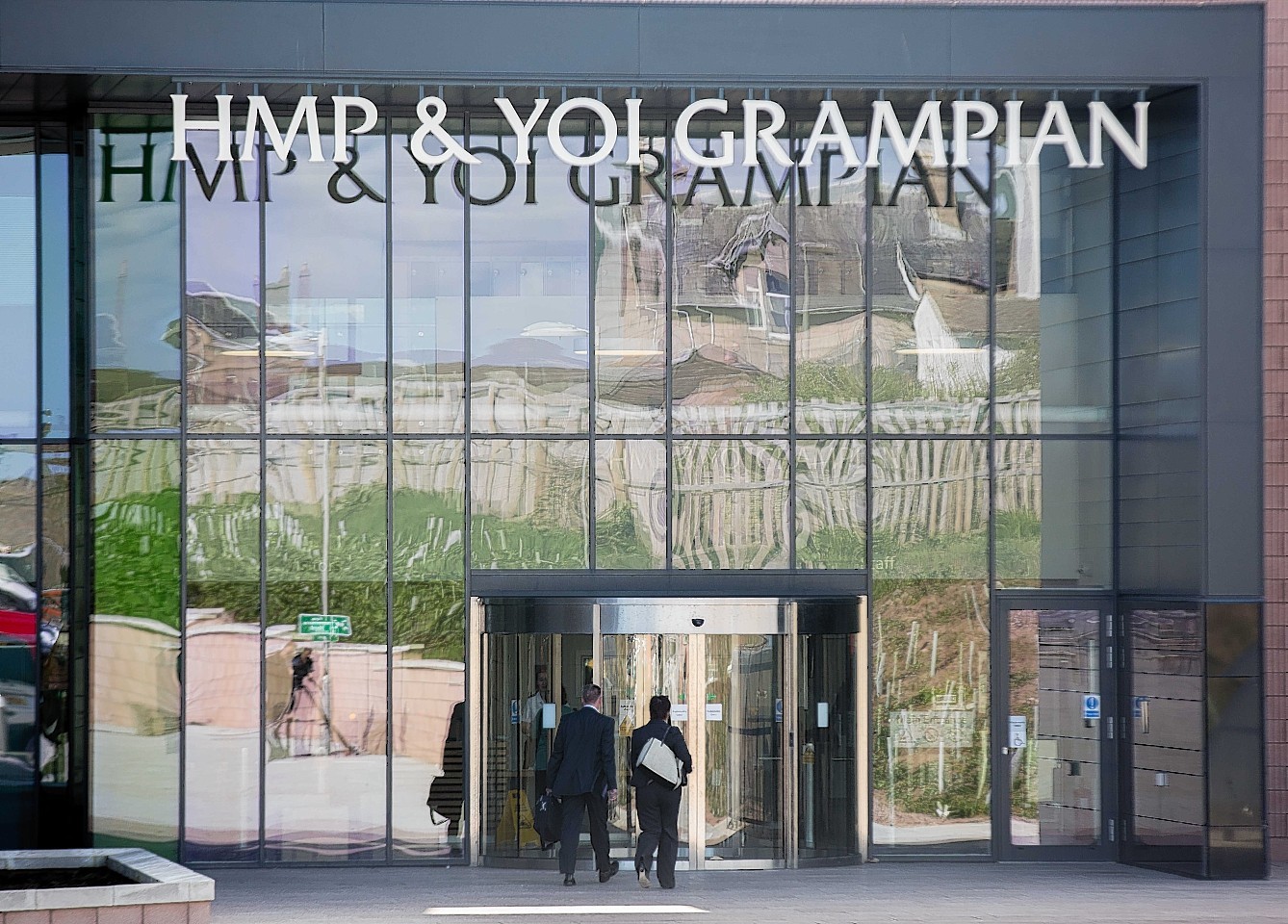Jail bosses are cracking down on prisoners caught logging onto social media from behind bars.
The Scottish Prison Service (SPS) launched 89 separate investigations into suspected abuse across the country in 2014 and 2015, and officers have scrapped the accounts of 55 users already.
At the controversial HMP Grampian superjail alone, warders have snared six inmates using services such as Facebook since it opened in March last year.
The figures, released through a freedom of information request, underline the SPS’s strong stance against unauthorised internet use.
Responding to the FOI, a senior SPS official said: “Upon identification of a profile for a prisoner, we request removal from the site. This is because there has been a breach of terms of conditions of use as they – the prisoner – have not been able to access the site through legal means or it has been accessed by a third party.”
The figures show that social media use is most prevalent among younger prisoners. The young offenders institute at Polmont tops the table with nine profiles closed after 11 separate investigations.
HMP Grampian, which doubles as a young offenders unit, followed closely behind with six profiles scrapped after eight inquiries. The profile of one inmate at HMP Inverness was shut down.
Last night SPS spokesman Tom Fox said the possession of mobile internet devices behind bars was an offence in itself and the service would approach social media sites such as Facebook and request the removal of prisoners’ profiles.
“It’s simple,” he said.
“If someone is updating a social media page while in prison they are breaking the law because the only way they can be doing it is by using devices that are illegal to have in prison.
“The issue is that people have previously accessed, or had others access for them, social media and used it in a way which is offensive to people who have perhaps been victims of crime.”
David Sinclair from charity Victim Support Scotland said his organisation was aware that in some instances access to computers was allowed as part of the rehabilitation process.
However, Mr Sinclair said it was right that social media should be “withdrawn” if it is being abused.
